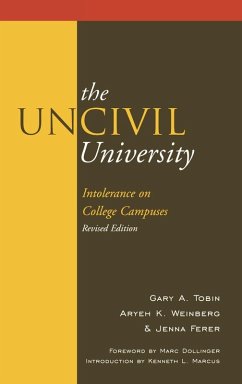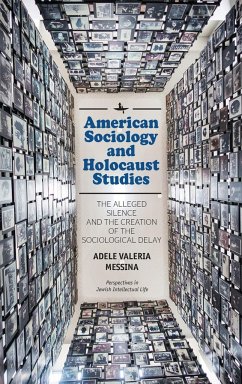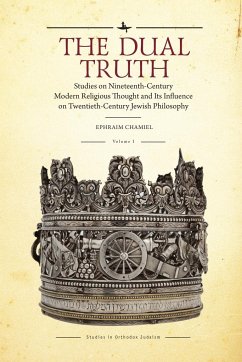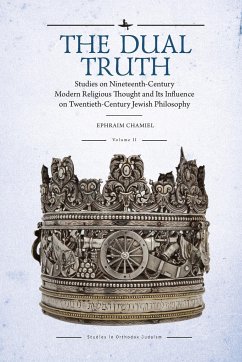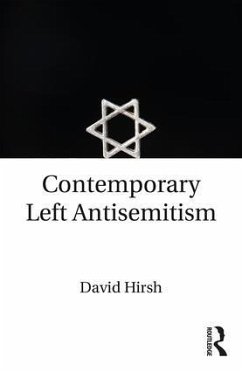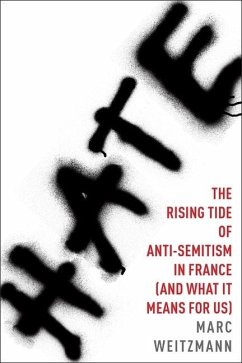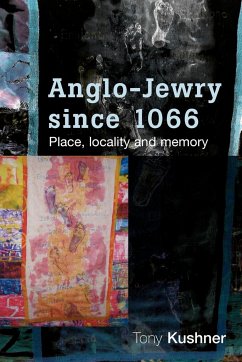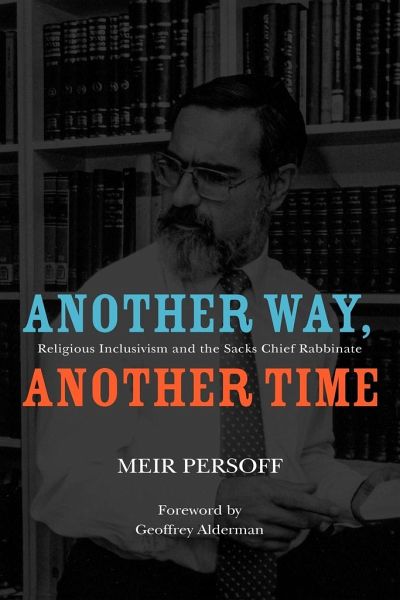
Another Way, Another Time
Religious Inclusivism and the Sacks Chief Rabbinate
Versandkostenfrei!
Versandfertig in 1-2 Wochen
30,99 €
inkl. MwSt.
Weitere Ausgaben:

PAYBACK Punkte
15 °P sammeln!
British Chief Rabbi Jonathan Sacks - now Baron Sacks of Aldgate in the City of London - launched his tenure of office in 1991 with the aim of an inclusivist Decade of Jewish Renewal. Within a few years, fulfilling his installation prediction that 'I will have failures, but I will try again, another way, another time,' he was attracting calls, from opponents and supporters, for his resignation and the abolition of his office. Reviewing Sacks' early writings and pronouncements on the theme of inclusivism, Another Way, Another Time demonstrates how, repeatedly, the Chief Rabbi said 'irreconcilabl...
British Chief Rabbi Jonathan Sacks - now Baron Sacks of Aldgate in the City of London - launched his tenure of office in 1991 with the aim of an inclusivist Decade of Jewish Renewal. Within a few years, fulfilling his installation prediction that 'I will have failures, but I will try again, another way, another time,' he was attracting calls, from opponents and supporters, for his resignation and the abolition of his office. Reviewing Sacks' early writings and pronouncements on the theme of inclusivism, Another Way, Another Time demonstrates how, repeatedly, the Chief Rabbi said 'irreconcilable things to different audiences' and how, in the process, he induced his kingmaker and foremost patron, Lord (Stanley) Kalms, to declare of Anglo-Jewry: 'We are in a time warp, and fast becoming an irrelevance in terms of world Jewry.' Citing support from a variety of sources, this study contends that the Chief Rabbinate has indeed reached the end of the road and explores other paths to the leadership of a pluralistic - and, ideally, inclusivist - community.





